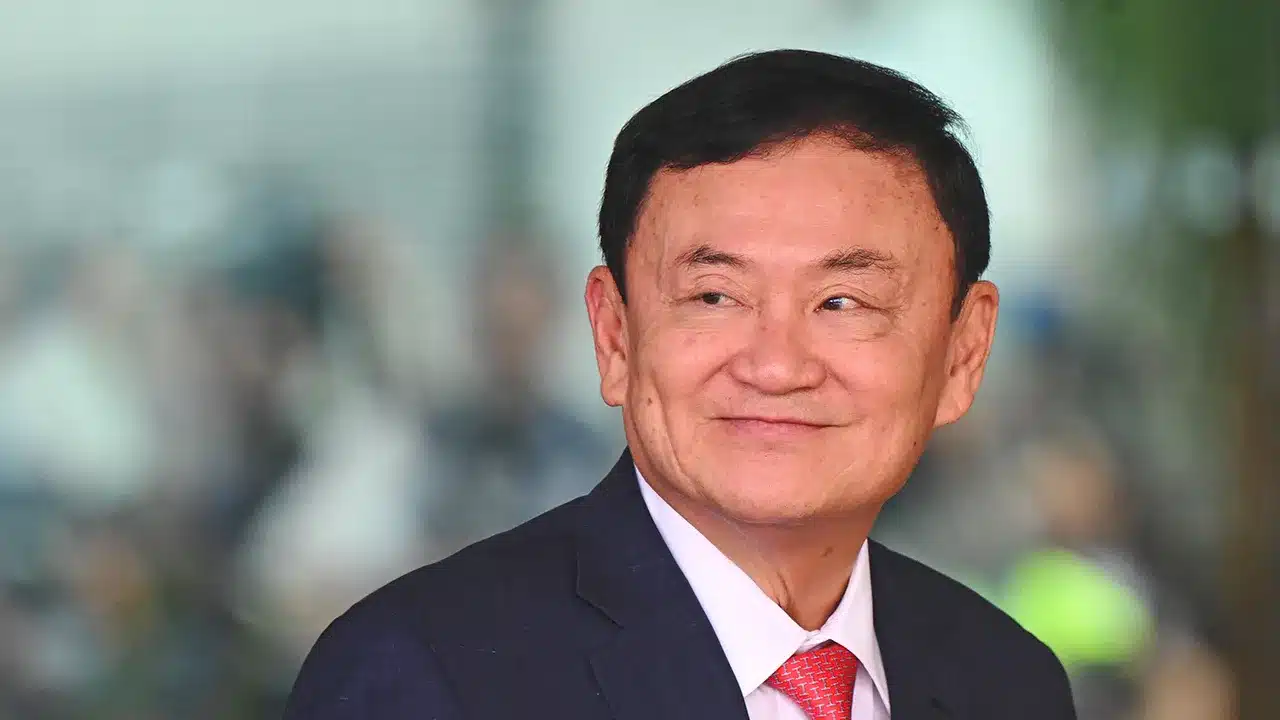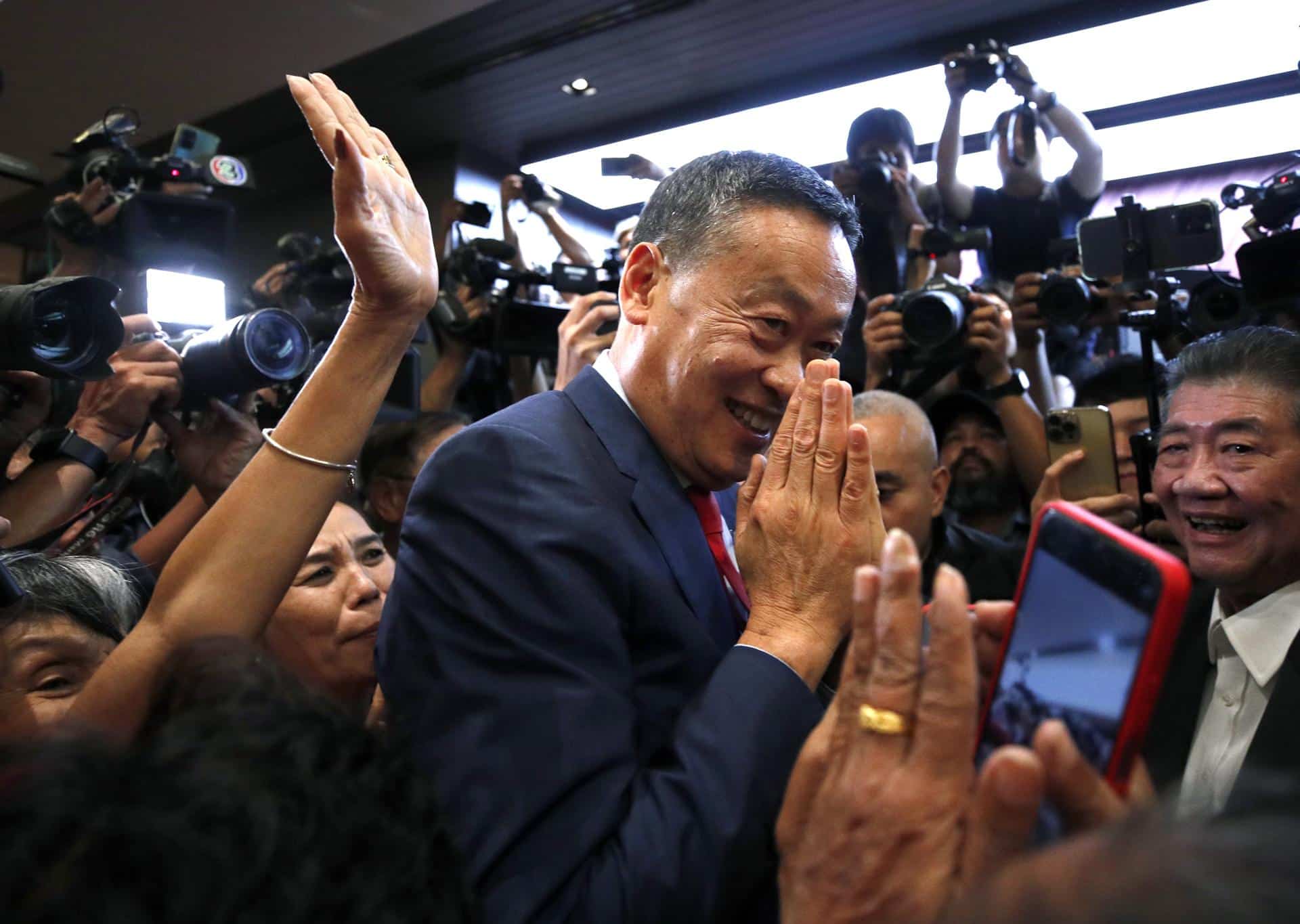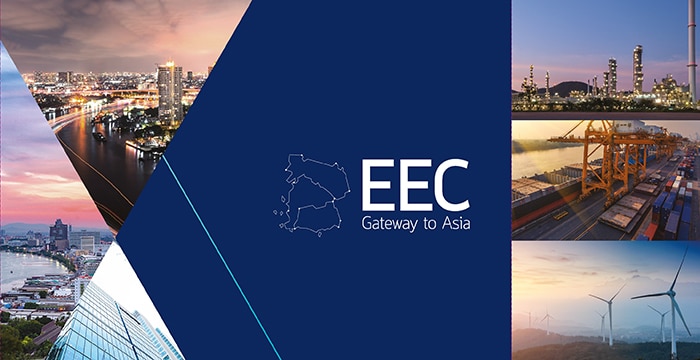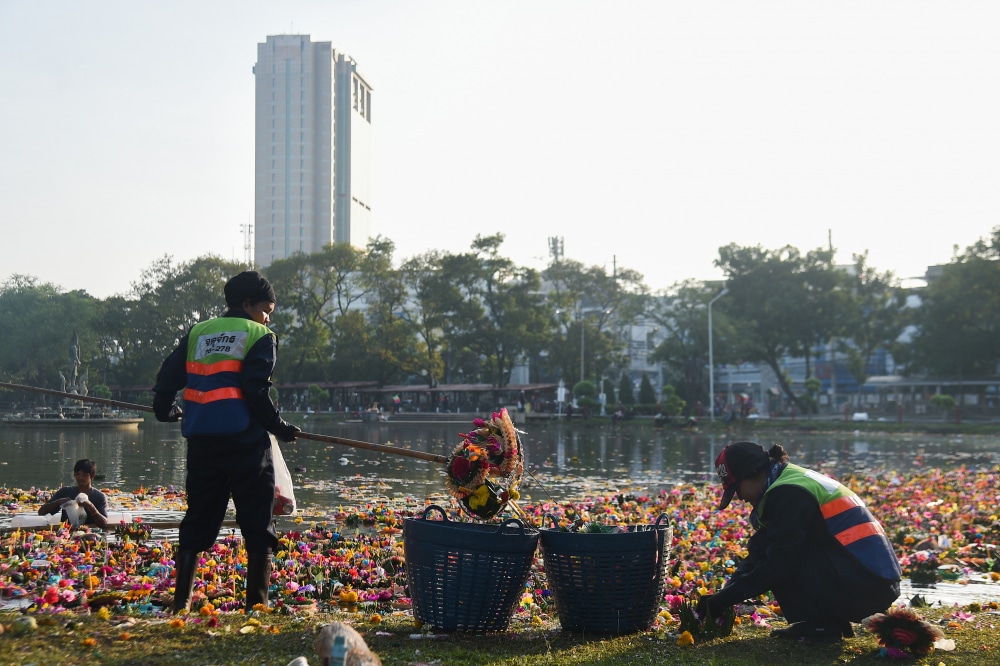In a stunning turn of events that has once again thrust Thailand’s political landscape into the international spotlight, King Maha Vajiralongkorn, the reigning monarch, made a significant decision on a Friday that sent ripples throughout the nation. This decision involved the reduction of the prison sentence of former Prime Minister Thaksin Shinawatra from an initial eight years to a mere single year. This move came swiftly following Thaksin’s return to Thailand after a self-imposed exile spanning 15 years.
The royal decree, a pronouncement of immense consequence in a constitutional monarchy like Thailand, was swiftly published in the Royal Gazette, thereby ensuring its immediate implementation. In Thailand’s unique political system, the king possesses the ultimate authority when it comes to pardoning convicted individuals. The reverberations of this decision would be felt not only across the nation but also reverberate within the corridors of political power and public opinion.
Thaksin Shinawatra, aged 74, received this royal clemency with the accompanying decree specifying that this action was taken to enable him to contribute his knowledge and capabilities towards the betterment of the nation and its people. This development followed a request made by Thaksin for a royal pardon, primarily on medical grounds, which was acknowledged by Deputy Prime Minister Wissanu Krea-ngam, who concurrently held the position of acting justice minister.
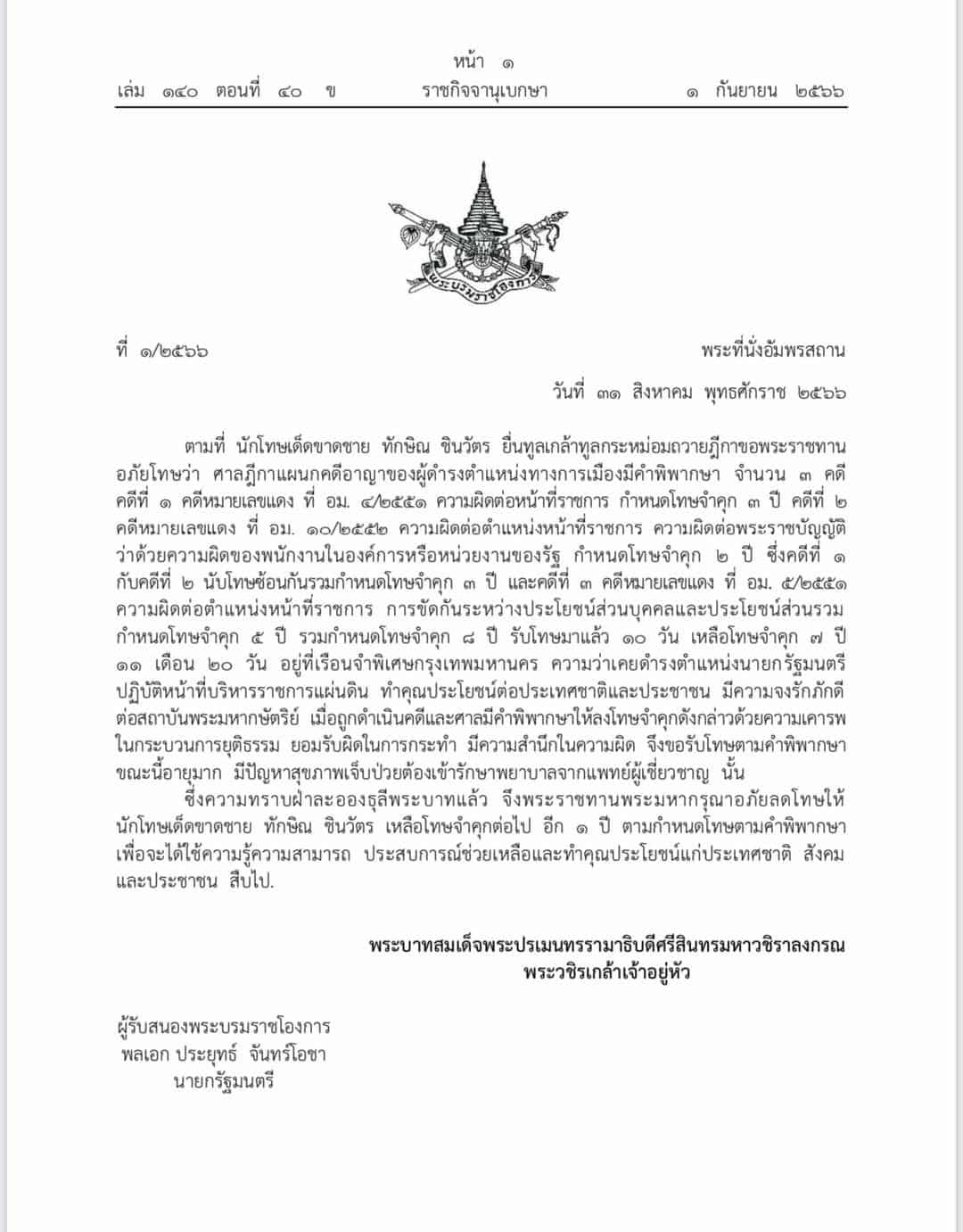
To contextualize this remarkable event, one must delve into the complex and tumultuous political career of Thaksin Shinawatra. A businessman turned politician, Thaksin amassed a considerable fortune through his involvement in the telecommunications sector before transitioning to the realm of politics. The co-founder of the telecommunications giant Shin Corporation, he wielded considerable financial clout, providing him with the resources necessary to enter the volatile world of politics.
Thaksin’s ascendancy to the position of prime minister in 2001 was marked by the resounding victory of the Thai Rak Thai (Thais Love Thais) Party in the general elections. His populist policies, which encompassed healthcare initiatives and debt relief for farmers, resonated strongly with the rural and lower-income segments of the electorate. These policies not only solidified his political base but also secured his reelection in 2005.
However, Thaksin’s leadership tenure was marred by allegations of corruption, abuse of power, and a host of controversial policies. Detractors accused him of undermining democratic institutions and leveraging his political influence to further amass wealth. Criticisms extended to his government’s handling of the conflict in southern Thailand and its perceived authoritarian tendencies, all of which fueled discontent among specific segments of the population.
The pinnacle of Thaksin’s career was marked by his ouster in a military coup in 2006. The military justified its intervention by invoking the need to restore stability and address allegations of corruption and abuse of power. Thaksin, who happened to be in New York attending a United Nations conference at the time of the coup, opted for self-imposed exile to evade legal charges in Thailand.
The military coup of 2006 constituted a watershed moment in Thai politics, setting the stage for years of political turbulence and polarization. The schism between Thaksin’s supporters, often hailing from rural and working-class backgrounds, and his detractors, typically aligned with the urban elite and traditional royalist institutions, deepened significantly.
Subsequent years saw a recurring cycle of political transitions and conflicts, with elections being held, but the fundamental divisions between pro-Thaksin and anti-Thaksin factions remaining unresolved. The People’s Power Party (PPP), a successor to Thai Rak Thai, emerged victorious in the 2007 elections, thereby reinstating Thaksin’s allies in power. However, the PPP government’s tenure was short-lived, as it was disbanded by a court ruling in 2008, leading to yet another political crisis.
This turbulent period bore witness to protracted struggles for power between the “red shirts” (pro-Thaksin) and “yellow shirts” (anti-Thaksin) movements. The red shirts demanded Thaksin’s return and the establishment of a more inclusive political system, while the yellow shirts sought to safeguard traditional institutions and curtail Thaksin’s influence.
The military, on its part, played a substantial role during these years, frequently intervening to maintain law and order and protect the interests of the traditional elite. A notable coup occurred in 2014, led by General Prayuth Chan-o-cha, who would later assume the role of prime minister.
The subsequent years were characterized by a government led by the junta and endeavors to draft a new constitution, a process that critics contended was designed to perpetuate military influence within Thai politics. Elections were eventually held in 2019, resulting in the formation of a civilian government under Prayuth’s leadership. Nevertheless, allegations of election irregularities and concerns about the fairness of the electoral process lingered.
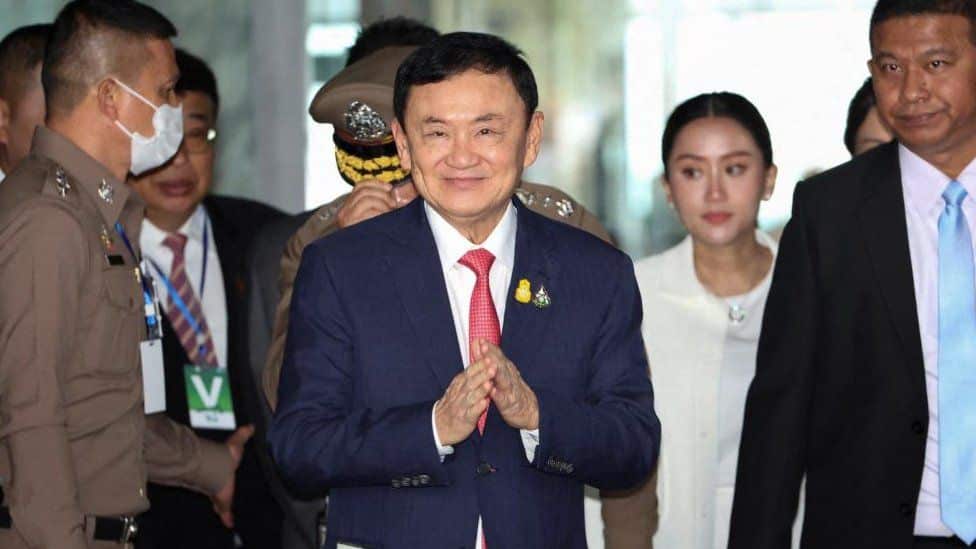
Thaksin Shinawatra’s return to Thailand in June 2023 marked a dramatic twist in the ongoing political saga. His reappearance was met with a mixture of anticipation and apprehension, prompting questions about his intentions and the wider political ramifications for Thailand. Upon his arrival, Thaksin was promptly taken into custody and transferred to a prison facility.
However, events soon took an unexpected turn. King Maha Vajiralongkorn, exercising his constitutional prerogative, issued a royal decree that significantly reduced Thaksin’s prison sentence, effectively from eight years to a mere one-year term. The swift publication of this decree in the Royal Gazette meant that it would take immediate effect, causing reverberations in political circles and public discourse.
The rationale provided in the royal decree was that Thaksin should be granted clemency to enable him to utilize his knowledge and capabilities for the benefit of the nation and its people. This development came in the wake of a request for a royal pardon submitted by Thaksin, with medical grounds as the primary basis, as confirmed by Deputy Prime Minister Wissanu Krea-ngam, who concurrently assumed the role of acting justice minister.
The reduction of Thaksin’s sentence and the accompanying royal pardon elicited a range of reactions and opinions across Thailand’s political spectrum. Supporters of Thaksin viewed this as a positive step toward national reconciliation, a gesture acknowledging his contributions to the country’s development. Conversely, critics raised concerns about the role of the monarchy in political matters and questioned the timing and motivations behind the royal pardon.
The monarchy in Thailand occupies a unique and influential position in the nation’s political landscape. It boasts a storied history and commands deep respect from a significant segment of the population. King Maha Vajiralongkorn ascended to the throne in 2016, following the demise of his father, King Bhumibol Adulyadej, who had reigned for over seven decades.
While Thailand is officially a constitutional monarchy, a system where the powers of the monarch are defined and constrained by the constitution, the extent of the monarchy’s influence has varied throughout history. The monarchy, at times, has played a pivotal role in shaping political outcomes.
King Bhumibol Adulyadej was often regarded as a unifying figure in Thai politics, with his interventions primarily aimed at promoting stability and reconciliation. In contrast, King Maha Vajiralongkorn’s reign has witnessed a different dynamic, with some instances of royal involvement in political matters.

The decision to reduce Thaksin’s prison sentence, a highly polarizing figure, highlights the intricate interplay between the monarchy and the nation’s political destiny. While the authority of the king to grant pardons is firmly enshrined in the constitution, the decision to curtail the sentence of a figure as polarizing as Thaksin Shinawatra naturally prompts questions about the extent of royal influence in shaping Thailand’s political landscape.
The implications of Thaksin’s return and the royal pardon extend beyond mere headlines. They bear significance for Thai society, politics, and governance:
Reconciliation vs. Polarization: Supporters of Thaksin envision his return and the royal pardon as a means to foster national reconciliation by bridging the gap between his supporters and political opponents. They argue that his populist policies had a positive impact on many Thais, and his involvement in politics could potentially address pressing issues.
Concerns about Monarchial Influence: Critics of the royal pardon raise concerns about the role of the monarchy in shaping political outcomes. They express worries that such interventions could undermine democratic principles and due process, potentially deepening divisions and eroding trust in institutions. The perception that the monarchy is favoring one political faction over another can further complicate the situation.
Political Stability: Thaksin’s return and the subsequent political developments have the potential to impact the stability of the government. The Pheu Thai party, historically aligned with Thaksin, secured sufficient votes in Parliament to form a government following his return. The political landscape remains fluid, with the balance of power subject to change.
Economic Implications: Thailand’s economy is intrinsically linked to its political stability. Investors and businesses are closely monitoring the political situation, and any instability or uncertainty can have repercussions on the economic front. The return of a prominent political figure like Thaksin introduces an element of uncertainty to the economic outlook.
Social Cohesion: Overcoming divisions within Thai society remains a central challenge to the nation’s stability. Achieving social cohesion and addressing the grievances of different segments of the population are crucial for long-term political stability.
In conclusion, Thaksin Shinawatra’s return to Thailand and the subsequent royal pardon have unleashed a maelstrom of reactions and opinions, underscoring the deep-seated divisions and complexities of Thai politics. Thailand’s political landscape is characterized by an intricate interplay of historical legacies, social dynamics, and economic considerations.
The coming years are poised to witness continued political maneuvering, electoral contests, and efforts to address the root causes of political instability. The equilibrium between democratic principles, constitutional monarchy, and the aspirations of various political factions will remain a pivotal point of contention and negotiation. As Thailand navigates the intricate terrain of its political future, finding pathways to bridge divisions, promote inclusivity, and ensure that the voices of all Thai citizens are heard in the political process will be paramount for its stability and progress.






